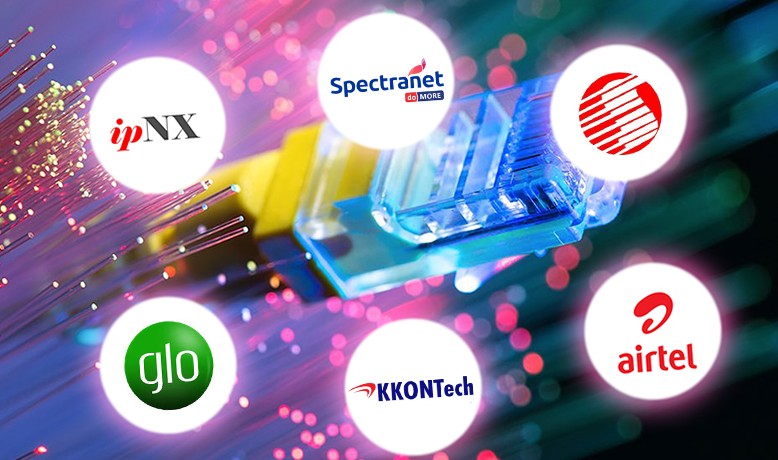Ifeoma John, who lives in Lagos, applied for a driver’s license from the Federal Road Safety Commission (FRSC) two months ago. Normally, it takes just one month to get the license, but lately, the internet at the FRSC has been slow for four weeks.
The Corporate Affairs Commission has faced similar network disruptions, causing delays in company registrations this year.
According to Bosun Tijani, the Minister of Communications, Innovation, and Digital Economy, there are now seven undersea cables along Nigeria’s shores, up from six in 2021, thanks to Google’s Equiano cable landing in 2022.
Nigeria ranks third in Africa for the number of subsea cables along its shores, with a total of seven cables. Egypt leads with 15, while South Africa and Djibouti share second place with 11 each. Kenya and Cameroon tie for fourth with six cables.
These cables have varying capacities, with some recently upgraded. For instance, the WACS cable originally had a capacity of 5.12 Tbps, but it was boosted to 14.5 Tbps. Glo1’s initial capacity was 320 (32*STM-64) and is now at 2.5 Tbps. MainOne has a capacity of 4.96 Tbps, ACE has 5.12 Tbps, and Equiano boasts 18 Tbps.
To put it in perspective, 1 terabyte per second equals 8 million megabytes or 1,000 gigabytes.
To use 1TB of data in a month, according to AT&T’s data calculator, you’d need to do quite a bit: send/receive 40,000 emails, stream music for 8,500 hours, browse the web for 2,000 hours, play games for 16,500 hours, watch high-def videos for 350 hours, and make 5,600 social media posts with images.
However, despite Nigeria having substantial subsea cable infrastructure, its internet speed remains disappointingly slow.
It is important to note that having subsea cables does not automatically lead to faster internet speeds. For example, Liechtenstein, with the world’s fastest internet at 246.76Mbps, does not have the most subsea cables. Looking closely, Alexandria (Egypt) serves as the world’s most central node, followed by Singapore and Fujairah (United Arab Emirates).
Although Egypt is not the fastest globally, it ranked first in Africa for fixed broadband internet speed in Ookla’s Speedtest Global Index for the first and second quarters of 2022, with an average speed of 46 Mbps, a significant increase from 6.5 Mbps in 2019.
Nigeria faces several challenges with its subsea cables. Besides sea hazards, deploying cables on land encounters issues like taxes from the federal government and state-controlled charges such as right of way, making it almost prohibitively expensive for operators or infrastructure companies (InfraCos)
Between 2014 and 2018, the Nigerian Communications Commission (NCC) granted licenses to seven companies to expand the country’s telecom infrastructure.
However, as of October 2023, none of the InfraCos have fulfilled their commitments, leaving access gaps unaddressed and failing to provide wholesale transmission services at regulated, non-discriminatory prices.
This has deterred operators from investing in new infrastructure.
Passing the Critical National Infrastructure Bill in the telecom sector is important because these facilities serve the public and require legal protection to sustain the sector is positive impact on Nigeria is economy and its people. Despite being transmitted to the National Assembly some time ago, the bill has not been scheduled for a hearing.
Unfortunately, the bill remains unaddressed, contrary to expectations. The industry hopes that Bosun Tijani, the Minister of Communications, Innovation, and Digital Economy, will prioritize the safeguarding of telecom assets, especially with the release of his draft Strategic Blueprint.
Conclusion
the thirst for high-speed internet in Nigeria persists, even in the face of abundant bandwidth resources. The desire for faster connectivity remains a pressing need for people, businesses, and the nation’s overall digital progress.
Related Articles
- Tip: How Much Internet Speed Should You Really Pay For?
- Facebook Using Lasers to Deliver Lightning-Fast Internet
- Friday’s Internet Outages May Be Just the Beginning
- Computer Internet Connection Doesn’t Work (Ethernet or WiFi)
- 9Mobile Data Plan and USSD Codes for 4G LTE & 3GLTE Internet Bundle in







